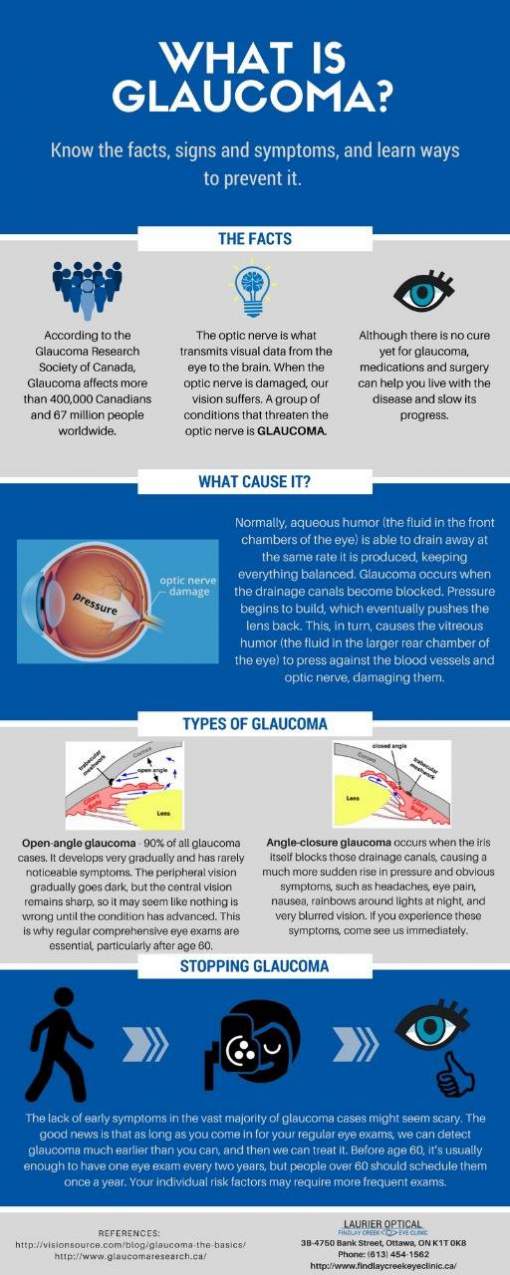Aiding A Family Member Via Cataract Surgery: Reflections From A Caretaker'S Experience
Aiding A Family Member Via Cataract Surgery: Reflections From A Caretaker'S Experience
Blog Article
Write-Up Writer-Bynum Patterson
As a caretaker supporting a liked one dealing with cataract surgical procedure, your role is crucial in ensuring their comfort and healing. From pre-surgery preparations to post-operative care, your visibility and aid can make a considerable distinction in their journey. Comprehending the psychological and physical difficulties they may experience, giving functional aid, and being their pillar of assistance are crucial elements in this process. Keep in mind, your duty goes beyond just offering help; it's about being a source of strength and comfort during a substantial stage in their life.
Comprehending Cataract Surgical Treatment Process
Checking out the actions associated with cataract surgical treatment can help relieve any type of anxiousness or uncertainty you might have regarding the treatment. Cataract surgical treatment is a typical and highly effective procedure that entails getting rid of the over cast lens in your eye and replacing it with a clear artificial lens.
Prior to the surgery, your eye will be numbed with eye decreases or a shot to ensure you do not really feel any discomfort throughout the procedure. The cosmetic surgeon will certainly make a small incision in your eye to access the cataract and break it up making use of ultrasound waves prior to carefully removing it.
As soon as the cataract is removed, the artificial lens will certainly be put in its location. The whole surgical treatment commonly takes about 15-30 minutes per eye and is normally done one eye at once.
After the surgery, you might experience some moderate discomfort or blurred vision, yet this is normal and should boost as your eye heals.
Preparing for Surgery With Each Other
To make certain a smooth and hassle-free experience, getting ready for cataract surgical treatment together can make a significant distinction in your loved one's journey. Start by participating in pre-surgery appointments with them. In this manner, you can ask inquiries, comprehend the procedure, and supply emotional support.
Help them arrange their pre-operative guidelines, medicines, and transportation to and from the surgical center. Ensure their home awaits their recuperation by establishing a comfy room with easy access to vital items.
Aid them in scheduling post-operative treatment if required, such as assist with meals or house chores. Urge them to comply with the doctor's suggestions pertaining to fasting before surgical procedure and drug procedures.
Comfort them that you'll be there for them every step of the method. By proactively joining the prep work process, you can alleviate stress and anxiety and guarantee that your liked one really feels supported and looked after throughout this vital time.
Post-Operative Care Tips
After cataract surgical treatment, giving proper post-operative care is essential for your loved one's recuperation. Ensure they wear the protective guard over their eye as advised by the physician. Help them provide suggested eye declines and medicines promptly to stop infection and aid healing.
Encourage your loved one to prevent touching or massaging their eyes, as this can cause issues. Assist visit this web page link in following any type of limitations on flexing, lifting heavy items, or participating in exhausting tasks to prevent stress on the eyes. See to it they participate in all follow-up appointments with the eye physician for monitoring progression.
Keep the eye area tidy and completely dry, preventing water or soap straight in the eyes. Encourage your loved one to put on sunglasses to shield their eyes from brilliant light and glare throughout the recovery procedure. Be patient and supportive as they recoup, providing aid with day-to-day tasks as needed.
Night Vision After LASIK , supporting an enjoyed one via cataract surgical procedure entails existing every step of the method, from pre-surgery prep work to post-operative treatment. Your emotional support, functional assistance, and support can make a substantial distinction in their healing procedure. By remaining notified, organized, and alert to their needs, you can help make certain a successful end result and provide them with the comfort and peace of mind they require during this difficult time.
